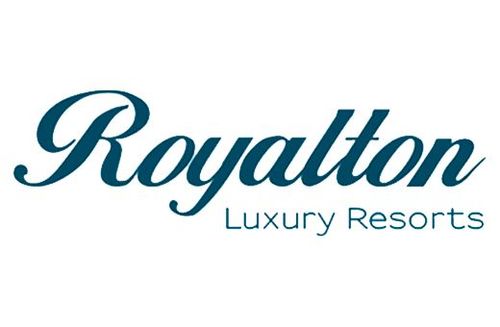Where travel agents earn, learn and save!
News / “Future of Travel Mobility” draws top leaders for Travel Sustainability, Innovation Summit
Ipsos survey cites an increase in travel demand if Americans had access to more sustainable, seamless, secure, and modern travel options

U.S. Travel Association convened top leaders in travel, transportation and technology with policymakers and administration officials for the association’s first-ever Future of Travel Mobility summit on October 26.
Discussions focused on issues central to the coming decade and beyond of transportation and technology innovation that will reshape how people travel, and which will ultimately enhance the traveler experience. Key topics included sustainability, seamless and secure travel, and innovative and emerging technology.
New research by Ipsos released on October 26 by U.S. Travel underscored the necessity of accelerating the advancement of new technologies and innovations, as highlighted at the summit. Over the next two to five years, one-in-four (24%) Americans plan to take fewer leisure trips than they did prior to the pandemic, according to Ipsos. Two-in-five (40%) business travelers plan to travel less for business than they did before COVID-19.
The same survey showed that the demand for travel would only increase if Americans had access to more sustainable, seamless, secure, and modern travel options, such as electric vehicles; airlines and fuels that produced fewer carbon emissions; improved Transportation Security Administration screening; and more efficient transportation technologies such as hyperloops or supersonic aircraft.
If travel were to increase by just 5% as a result of more sustainable travel options, it would result in an additional $50 billion in travel spending and $130 billion in economic output annually—supporting roughly 850,000 additional American jobs.
“These conversations are so important because we see that new, innovative transportation solutions are more than a customer preference—they are a necessity as we look ahead to the future of our industry,” said U.S. Travel Association President and CEO Roger Dow. “This is an opportunity to build a travel industry that is stronger, more modern and more globally competitive than ever before.”
Remarks were delivered by U.S. Secretary of Transportation Pete Buttigieg, U.S. Secretary of Homeland Security Alejandro Mayorkas, U.S. Senator Shelley Moore Capito (R-WV), U.S. Representative Debbie Dingell (D-MI), U.S. Representative John Katko (R-NY) and Austin Brown, Senior Director for Transportation Emissions, White House Office of Domestic Climate Policy.
They were joined by private-sector leaders including Ed Bastian, CEO, Delta Air Lines; Mark Reuss, President, General Motors Company; Josh Giegel, CEO and Co-founder, Virgin Hyperloop; JoeBen Bevirt, Founder and CEO, Joby Aviation; Todd Davidson, CEO, Travel Oregon; Vik Krishnan, Partner, McKinsey & Company; Kevin McAleenan, former Acting Secretary of the U.S. Department of Homeland Security; CEO, Pangiam; Denise Naguib, Vice President, Sustainability and Supplier Diversity, Marriott International; Lauren Riley, Managing Director, Global Environmental Affairs and Sustainability, United Airlines; Blake Scholl, Founder and CEO, Boom Supersonic; and Anne Smart, Vice President, Public Policy, ChargePoint.
“U.S. Travel is proud to bring so many incredibly relevant industry and government leaders together for this critical discussion across the travel, transportation and technology sectors. It is imperative that we continue to collaborate to drive the necessary policy outcomes and bring new ideas to the forefront to benefit the U.S. economy and travelers alike,” said U.S. Travel Association Executive Vice President of Public Affairs and Policy Tori Emerson Barnes.
The Future of Travel Mobility took place in-person at the Andrew W. Mellon Auditorium in Washington, DC, and via webcast. The event begins a series of conversations that are projected over the next decade to shape the future of travel mobility.
Please click here to see the event’s full agenda and click here to see a fact sheet on the Ipsos study.











